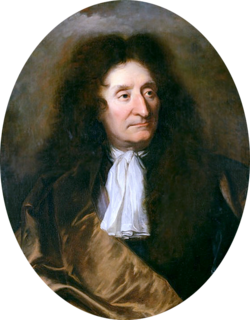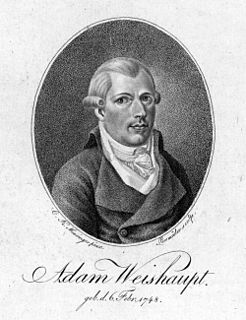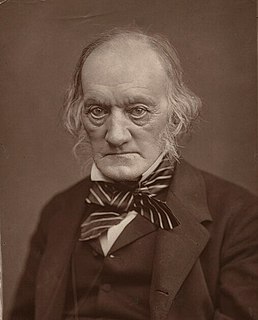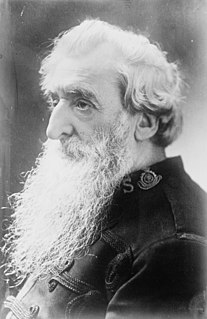A Quote by Jean de La Fontaine
If every man works at that for which nature fitted him, the cows will be well tended.
Related Quotes
But nature - that is, biological evolution - has not fitted man to any specific environment. On the contrary, ... he has a rather crude survival kit; and yet -this is the paradox of the human condition - one that fits him to all environments. Among the multitude of animals which scamper, fly, burrow and swim around us, man is the only one who is not locked into his environment. His imagination, his reason, his emotional subtlety and toughness, make it possible for him not to accept the environment but to change it.
Man wants to see nature and evolution as separate from human activities. There is a natural world, and there is man. But man also belongs to the natural world. If he is a ferocious predator, that too is part of evolution. If cod and haddock and other species cannot survive because man kills them, something more adaptable will take their place. Nature, the ultimate pragmatist, doggedly searches for something that works. But as the cockroach demonstrates, what works best in nature does not always appeal to us.
If [God] has made it a law in the nature of man to pursue his own happiness, He has left him free in the choice of place as well as mode, and we may safely call on the whole body of English jurists to produce the map on which nature has traced for each individual the geographical line which she forbids him to cross in pursuit of happiness.
As to the origin of civil Societies or Governments; the Author of our Being, has given Man a Nature to be fitted for, and disposed to Society. It was not good for Man at first to be alone; his nature is social, having various Affections, Propensities and Passions, which respect Society, and cannot be indulged without a social Intercourse.
To get a man soundly saved it is not enough to put on him a pair of new breeches, to give him regular work, or even to give him a University education. These things are all outside a man, and if the inside remains unchanged you have wasted your labor. You must in some way or other graft upon the man's nature a new nature, which has in it the element of the Divine.
What will be the judgment a century hence concerning the lorded works of our favorite composers today? Inasmuch as nearly everything is subject to the changes of time, and - more's the pity- the fashions of time, only that which is good and true will endure like a rock and no wanton hand will ever venture to defile it. Then, let every man do that which is right, strive with all his might towards the goal which can never be obtained, develop to the last breath the gifts with which the gracious Creator has endowed him, and never cease to learn. For life is short, art eternal.






































